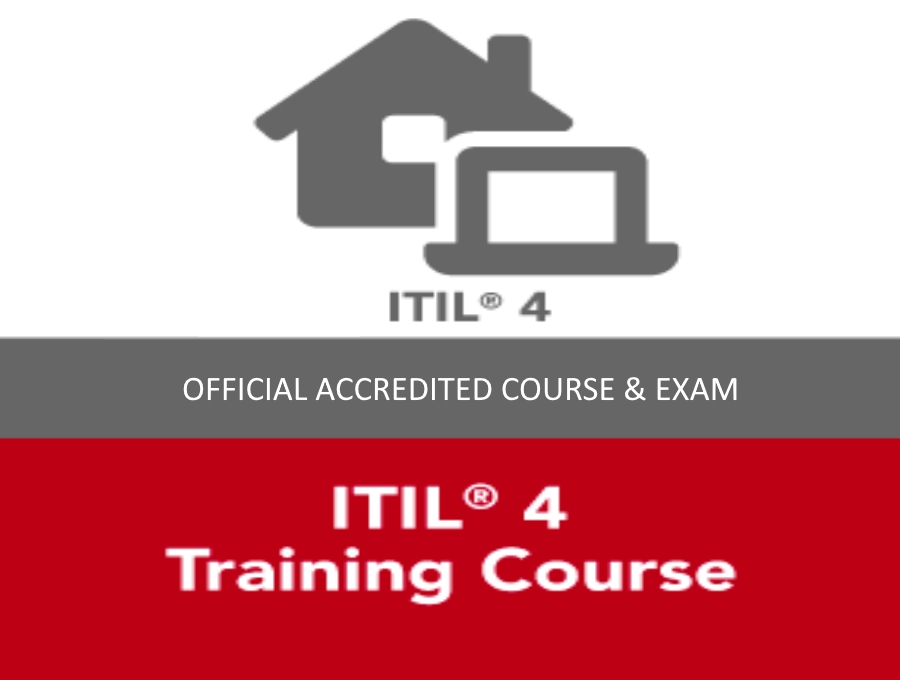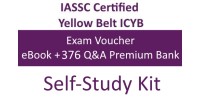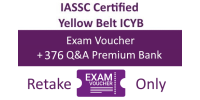Course Description
Objectives
All our courses have a strong practical component. The theoretical part is constantly complemented by simulations on real IT problems.
It will provide practitioners with a practical and strategic method for planning and delivering continual improvement with necessary agility and can contribute to:
- Improve the quality of IT services offered
- Reduce IT operating costs
- Apply the basic concepts of organizational models
- Acquire the terminology
- The structure of the organizational model
- Offer more reliable support
- Improve customer satisfaction
- Achieve greater flexibility
- Define more clearly the opportunities IT offers to increase business
At the end of each section of the course, there will be a hands-on exercise to fix the concepts just explained and become familiar with the exam questions.
This course leads to the ITIL 4 DITS certification exam session, the passing of which provides an advanced-level professional qualification in IT Service Management and allows you to continue on to more advanced courses (ITIL Strategic Leader).
Who it is addressed to
- This module is therefore aimed towards IT and business directors, heads of department, aspiring C-Suite professionals and other senior business leaders who want to strategically position an organisation against digital disruptors, craft a digital vision and build a robust digital strategy for long term growth.
Contents of the ITIL Digital and IT Strategy course
PART I WHAT IS DIGITAL AND IT STRATEGY?
Key concepts
- Digital, information, operational, and communication technology
- Digital organization
- Digital business
- Digitization
- Digital transformation
- Products and services
- Tiers of strategy
- Business models
- Operating models
- Strategy and the service value system
PART II THE STRATEGY JOURNEY
What is the vision?
- Digital disruption
- Deciding on a balanced strategic focus
- Positioning tools for digital organizations
- Creating the vision
Where are we now?
- Environmental analysis
- Opportunity analysis
- Digital readiness assessment
Where do we want to be and how do we get there?
- Strategy planning
- Strategic approaches for digital organizations
- Strategy discussion and approval
Take action!
- How strategies are implemented
- Coordinating strategy and strategic initiatives
- Leading digital transformation
- Strategy communication and implementation
Did we get there?
- Key facts about measurement
- Measuring a strategy
- Instrumenting strategy
- Strategy review
How do we keep the momentum going?
- Long-term momentum: ensuring organizational viability
- Short-term momentum: parallel operation
PART III STRATEGIC CAPABILITIES
Digital leadership
- Digital mindset
- Communication
- Relationship management
- Education and learning
- Evaluating emerging technology and industry trends
- Agile management techniques
- Defining and using strategic metrics
- Orchestrating diverse environments
- Operationalizing strategy
- Business and technology management skills
Managing innovation and emerging technologies
- Definition
- Managing innovation is a strategic capability
- Managing innovation is a mindset and culture
- Innovation or adoption
- Achieving a balanced approach to innovation
- Formal approach to innovation management
- Characteristics of organizations with an innovative culture
- Building a culture that supports innovation
- Approaches to innovation
- Evaluating and adopting emerging technology
Managing strategic risk
- Definitions
- Risk management in digital organizations
- Organizing risk management
- Using risk management to evaluate opportunities
- Risk identification
- The risk register
- Qualitative risk analysis
- Quantitative risk analysis
- Risk triggers
- Risk posture: balancing the risks and rewards of digital technology
- Risk treatment
- Achieving a risk-informed mindset and culture
Structuring for digital business
- Governance
- Structuring the organization
- Transitioning from traditional to new organizational structures
Trainer
BITIL.COM lecturers are accredited (Accredited Trainer) by the international training body to teach and supervise exams; specialists in IT Service Management, they are professionals with many years of experience in ITIL best practice adoption projects in medium and large IT Directorates, able to transfer a software vendor-independent and totally business-oriented implementation approach.
This ITIL® course is offered by BITIL.COM ATO by Peoplecert.
ITIL® is a registered trademark of the PeopleCert group. Used under licence from PeopleCert. All rights reserved.









